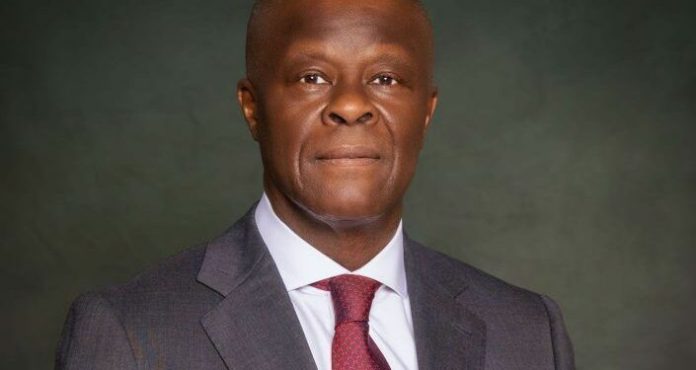Wale Edun, Nigeria’s Minister of Finance and Coordinating Minister of the Economy, has outlined an ambitious vision for the nation’s agricultural sector, calling for an end to food importation practices. This initiative aims to strengthen domestic agricultural production and enhance food security, key elements of the government’s economic recovery plan.
During a press conference in Abuja on Thursday, which coincided with Nigeria’s 64th Independence Day celebration, Edun stated, “The era of heavy food importation must end.” He emphasized that achieving self-sufficiency is crucial for the nation’s prosperity.
Edun highlighted that reducing reliance on imported food would form a cornerstone of the administration’s long-term economic strategy. “We should not be importing food,” he urged, stressing the importance of this transition.
The government plans to support small-scale farmers through initiatives like the Nigerian Agricultural Growth Scheme, which will provide essential resources such as seeds and fertilizers. This support aims to boost productivity during both the wet and dry seasons, reducing short-term import dependence while laying the groundwork for sustained agricultural development.
In response to rising food prices, the government has approved imports of maize and wheat to stabilize the market. However, Edun warned against overwhelming local production with excessive imports. “It is critical that we do not disrupt domestic food production. Flooding the market with imports could hinder farming in Nigeria,” he cautioned, advocating for a balanced approach.
Edun’s comments come amid increasing food costs and a struggling agricultural sector that has not kept pace with global productivity standards. The government aims to more than double agricultural output by introducing improved local seedlings and modern farming techniques.
This agricultural initiative is part of a broader economic restructuring effort as Nigeria adapts to the impacts of recent fuel subsidy removals.
In support of Edun’s vision, Abubakar Bagudu, Nigeria’s Minister of Budget and National Planning, addressed the challenges posed by the country’s rapidly growing population. He noted that Nigeria’s population has surged from 119 million in 1999 to approximately 230 million today, significantly increasing demand for infrastructure, education, and healthcare services.
“There are 230 million of us, leading to a significant rise in demand for government services,” Bagudu stated. He further emphasized that while the population has grown fivefold over the past 25 years, the economy has not expanded at a comparable rate.
This comprehensive strategy reflects Nigeria’s commitment to achieving agricultural independence and effectively addressing the challenges posed by a growing population and rising food demands, setting the stage for sustainable economic growth.



